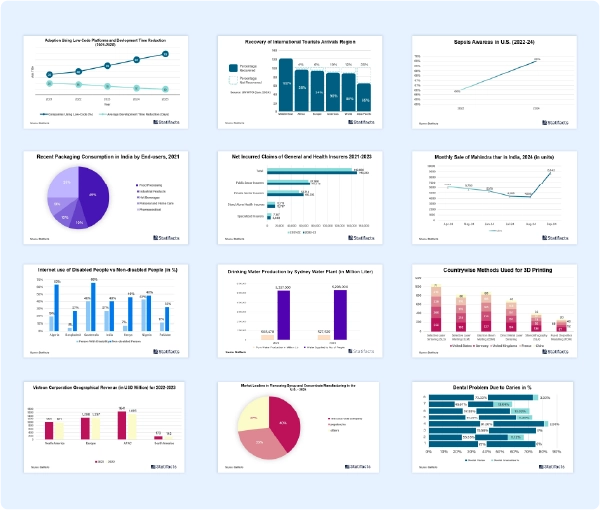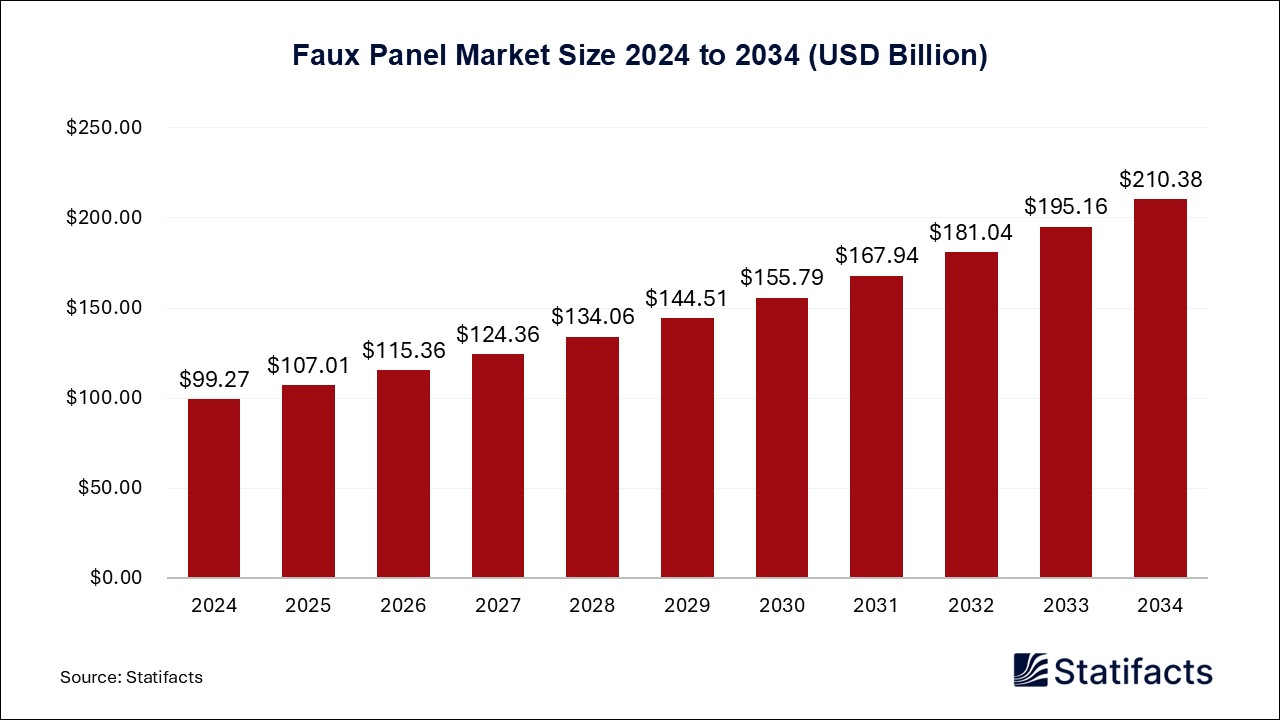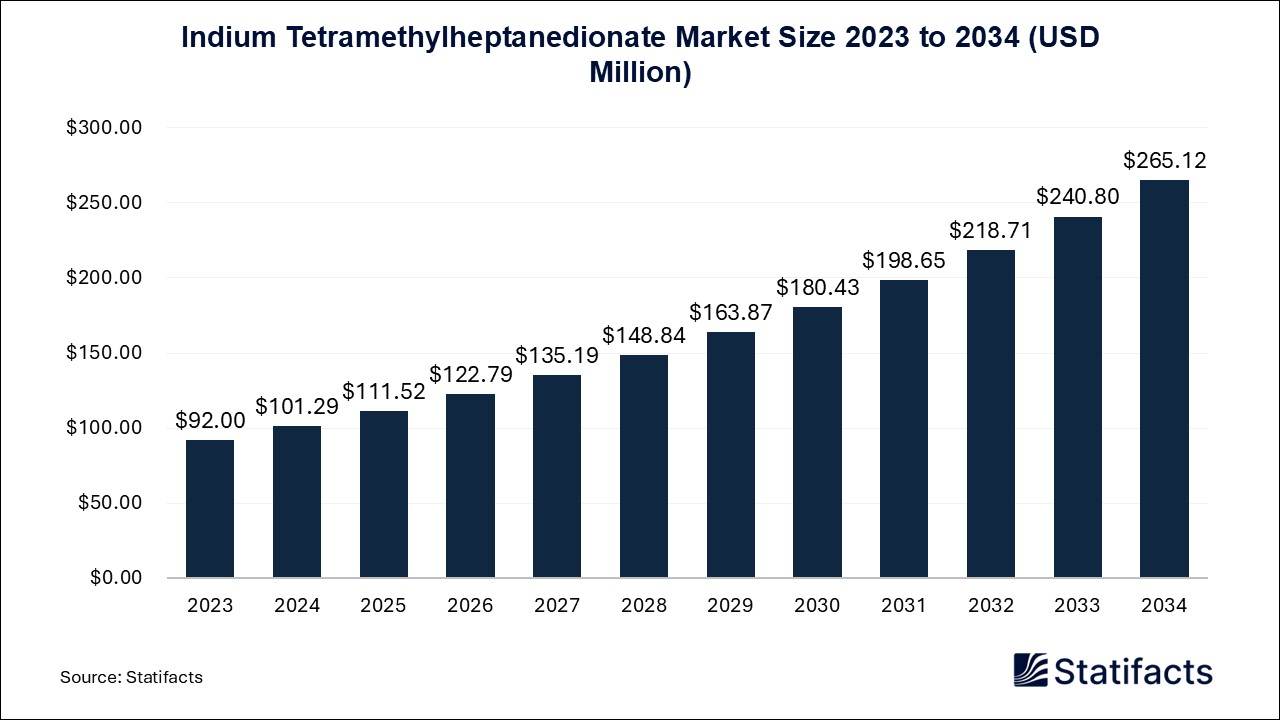

Our customers work more efficiently and benefit from
The U.S. Biomarkers market size was exhibited at USD 30.19 billion in 2024 and is projected to hit around USD 124.49 billion by 2034, growing at a CAGR of 15.22% during the forecast period 2024 to 2034.
The U.S. biomarkers market refers to the production, distribution, and application of this biomarker, a naturally occurring molecule, gene, or characteristic by which a particular pathological or physiological process, disease, etc., can be identified. A biomarker is used to predict the recurrence of aggressive disease in liver transplant recipients. It is a biological molecule found in blood, other body fluids, or tissues that is a sign of a normal or abnormal process, condition, or disease. The benefits of biomarkers include the study of disease mechanisms, the reduction of biases compared to questionnaires, the establishment of reliability and validity, and the precision of measurement that drives the growth of the U.S. biomarkers market. Biomarkers can capture key health-related indicators at a given point in time. Biomarkers are objective indicators that determine the presence or progression of a specific condition within a person’s body and how that condition is responding to treatment.
Rising incidences of cancer and chronic alignments contribute to the growth of the U.S. biomarkers market. Growing research on biomarkers in early cancer detection helps the market grow. Biomarkers have many potential applications in oncology, including monitoring disease progression, predicting response to treatment, determining prognosis, differential diagnosis, screening, and risk assessment. Cancer biomarkers are core to our vision of delivering precision medicine for all. These are essential to predict and monitor tumor response to therapy, enabling more personal treatments that reduce harm and maximize benefits. A tumor biomarker is produced by or is present in cancer cells. It is also found in other body cells, produced in response to cancer or specific non-cancerous conditions that mimic cancer information, like how aggressive it is and what kind of treatment it may respond to or whether it is responding to treatment.
Increasing focus on the use of biomarker-based diagnostic methods helps the growth of the U.S. biomarkers market. Rapidly expanding use of biomarkers in diagnostics helps the market’s growth. A diagnostic biomarker is utilized to confirm the presence of a disease or condition and identify an individual with a subtype of the disease. Diagnostics contributes to the identification, detection, and characterization of infectious and non-communicable diseases. It also helps monitor the burden of diseases as it can be used to collect data for public health interventions. For example, a high blood sugar level is often used as a diagnostic biomarker of Type 2 diabetes. Biomarker diagnostic testing helps to ensure cancer patients get the right treatment at the right time. It enables doctors to accurately target a specific cancer so patients may not have to undergo more generalized treatments like radiation and chemo that may not work as well for them.
Artificial intelligence (AI) based biomarkers for treatment decisions contribute to the growth of the U.S. biomarkers market. Integrating patient information through artificial intelligence allows data patterns extraction for patient characterization and further association with treatment outcomes. This data includes patient history, digital pathology, radiology, and molecular biomarkers. AI-based devices are anticipated to standardize the assessment of tissue biomarkers, discover new information that may otherwise be ignored by human review, and use them to make specific predictions. AI is used to help tissue biomarkers evaluation in certain fields of pathology. In January 2025, Panakeia launched PANProlifer Colon, an artificial intelligence-based software solution for profiling microsatellite instability (MSI) and mismatch repair deficiency (dMMR) entirely, digitally, and directly from Hematoxylin & Eosin (H&E)-stained images of colon cancer tissue samples. Panakeia is a pioneer in artificial intelligence-driven multi-omic biomarker profiling.
Increasing research on using biomarkers contributes to the growth of the U.S. biomarkers market. Biomarkers are an important way of guiding treatment to cancer patients who will benefit the most, likely to increase treatment cost-effectiveness. The current crop of cancer treatments tend to be invasive, with both radiation and chemotherapy taking a significant toll on overall patient health. Biomarker biological tests are one of crucial tools used by healthcare providers to give key information about a patient, and play a vital role in the future of precision medicine for cancer.
Published by Laxmi Narayan
By Type
By Product
By Application
By Disease
For any questions about this dataset or to discuss customization options, please write to us at sales@statifacts.com
| Stats ID: | 7825 |
| Format: | Databook |
| Published: | January 2025 |
| Delivery: | Immediate |
| Price | US$ 1550 |

| Stats ID: | 7825 |
| Format: | Databook |
| Published: | January 2025 |
| Delivery: | Immediate |
| Price | US$ 1550 |

You will receive an email from our Business Development Manager. Please be sure to check your SPAM/JUNK folder too.

Unlock unlimited access to all exclusive market research reports, empowering your business.
Get industry insights at the most affordable plan
Stay ahead of the competition with comprehensive, actionable intelligence at your fingertips!
Learn More Download
Download

